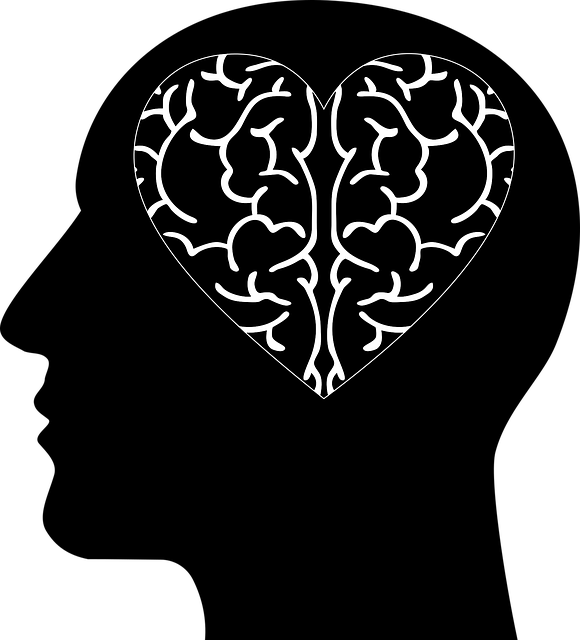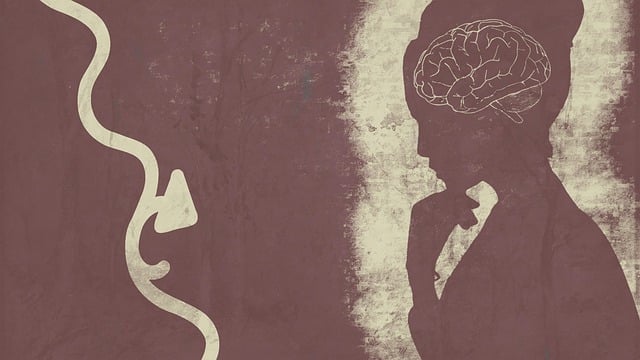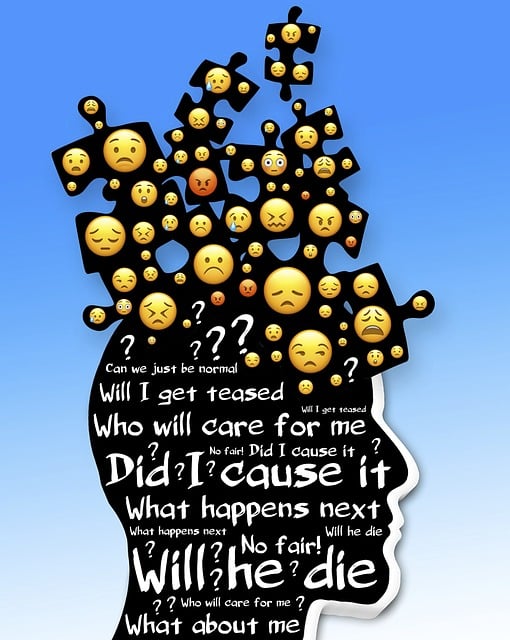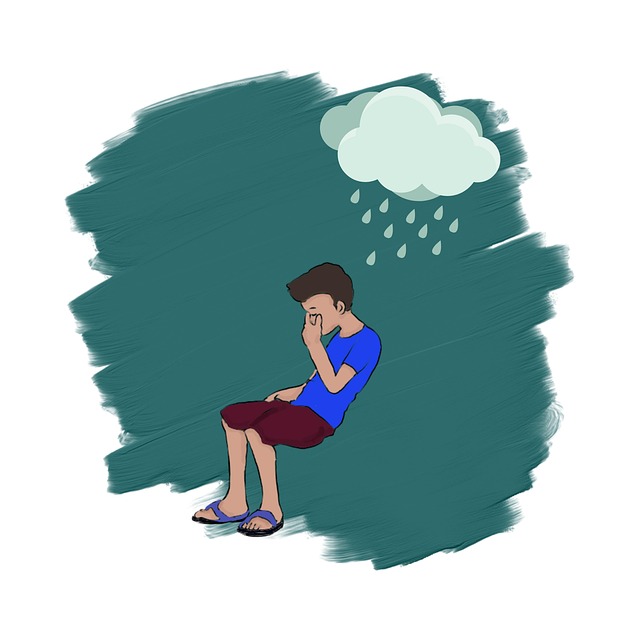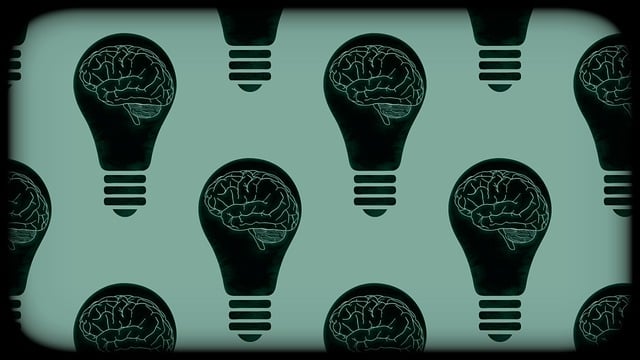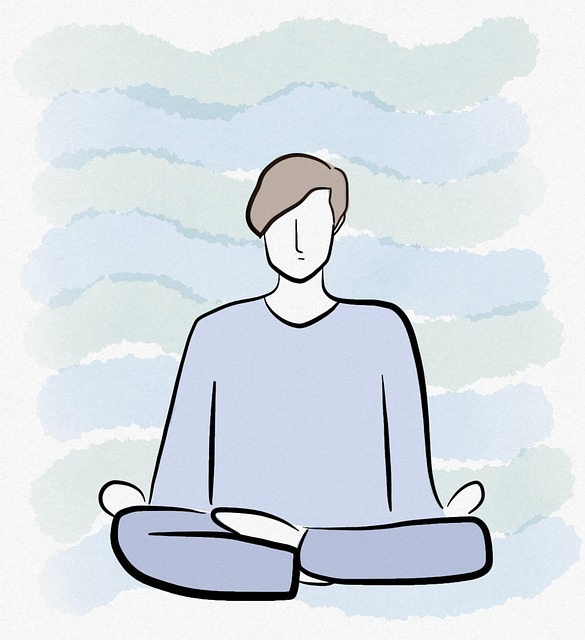Aurora Children Therapy tackles the pervasive stigma surrounding mental health in younger individuals through comprehensive programs. By educating communities, providing crisis intervention, and fostering open dialogue, they empower children with emotional well-being tools, break down barriers, and promote early detection. Their holistic approach includes play-based sessions, Mental Health Education Programs, community outreach, and training for healthcare providers, aiming to create a more empathetic society where mental illness is met with understanding support.
Mental illness stigma, a pervasive barrier to treatment, demands continuous effort to reduce its profound impact on individuals and communities. This article explores strategies aimed at dismantling this societal enigma, focusing on the unique approach of Aurora Children Therapy in fostering understanding and empathy. We delve into educational initiatives sparking community awareness and advocate for long-term change through support systems promoting recovery. By examining these efforts, we aim to illuminate paths towards a more accepting and supportive society.
- Understanding the Impact of Stigma on Mental Health
- Aurora Children Therapy: A Approach to Breaking Down Stigma
- Educational Initiatives for Community Awareness
- Supporting Recovery and Advocacy: Strategies for Long-term Change
Understanding the Impact of Stigma on Mental Health

Stigma around mental illness can have a profound impact on individuals’ lives, especially younger people. It often leads to feelings of isolation and shame, which can hinder those affected from seeking the help they need. The consequences are severe—it may prevent them from achieving their full potential, leading to poor academic or professional outcomes, strained relationships, and even increased risk of suicide. At Aurora Children Therapy, we understand that destigmatizing mental health issues is crucial for fostering healthy development in children and adolescents.
Efforts to reduce stigma play a vital role in promoting mental well-being. This includes providing accessible Mental Health Education Programs designed to raise awareness, dispel myths, and encourage empathy. Additionally, crisis intervention guidance can offer immediate support during challenging times, helping individuals navigate their emotions and seek appropriate care. By addressing these aspects, Aurora Children Therapy contributes to a broader movement that aims to improve mental health outcomes for young people, ensuring they receive the support and understanding they deserve.
Aurora Children Therapy: A Approach to Breaking Down Stigma

Aurora Children Therapy is a pioneering approach designed to address mental health issues head-on, especially among young minds. This innovative therapy focuses on breaking down the stigma surrounding mental illness by empowering children with essential tools for emotional well-being. Through a combination of play-based therapies and interactive sessions, Aurora Children Therapy aims to enhance children’s confidence and social skills. By fostering emotional intelligence, this approach helps kids understand and manage their feelings, leading to improved mental resilience.
The therapy offers a safe space where children can express themselves freely, encouraging open conversations about emotions and mental health. This proactive method not only assists in early detection of any emerging issues but also equips kids with strategies to navigate challenging situations. By targeting the root causes of stigma and providing comprehensive support, Aurora Children Therapy paves the way for a more compassionate and supportive environment, nurturing healthy minds from an early age.
Educational Initiatives for Community Awareness

Educational initiatives play a pivotal role in Aurora Children Therapy’s stigma reduction efforts. By implementing interactive programs that foster self-awareness exercises and mental wellness journaling exercise guidance, communities are empowered to better understand mental health issues. These initiatives not only enhance community awareness but also encourage empathy and support for individuals facing mental illness. Through workshops, schools, and public forums, people gain valuable insights into the experiences of others, breaking down barriers and promoting a culture of care.
In line with Mental Health Policy Analysis and Advocacy, these educational programs highlight the importance of comprehensive mental health policies that prioritize access to quality therapy services. By involving community members in open dialogues, Aurora Children Therapy facilitates a collective understanding of the impact of mental illness and the need for consistent support systems. This collective consciousness is a powerful tool in challenging societal norms and fostering an environment where everyone feels comfortable seeking help without fear of judgment.
Supporting Recovery and Advocacy: Strategies for Long-term Change

At Aurora Children Therapy, we believe that supporting recovery and advocacy are key strategies for long-term mental health stigma reduction. By fostering open conversations and providing accessible resources, we aim to create an environment where individuals feel empowered to seek help without fear of judgment. Our comprehensive approach includes implementing community outreach programs that educate the public about mental illness and promote early intervention.
We also emphasize the importance of healthcare provider cultural competency training. Equipping professionals with the skills to understand and address the unique needs of diverse populations is crucial in breaking down barriers to care. Through these efforts, Aurora Children Therapy strives to create a more inclusive society where mental illness is met with empathy, understanding, and effective support.
Mental illness stigma reduction is a multifaceted effort that requires understanding, empathy, and action. By addressing the profound impact of stigma on mental health, we can create a more supportive environment. Initiatives like Aurora Children Therapy offer innovative approaches to breaking down barriers, while educational programs raise community awareness. Advocating for recovery enables long-term positive change, fostering inclusivity and understanding. Together, these strategies can lead to a world where mental illness is met with compassion, not judgment.
